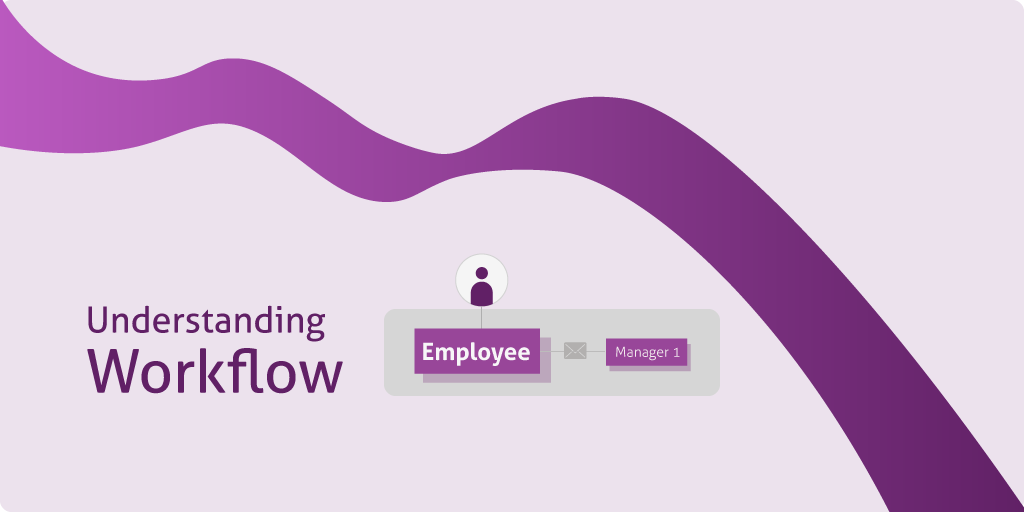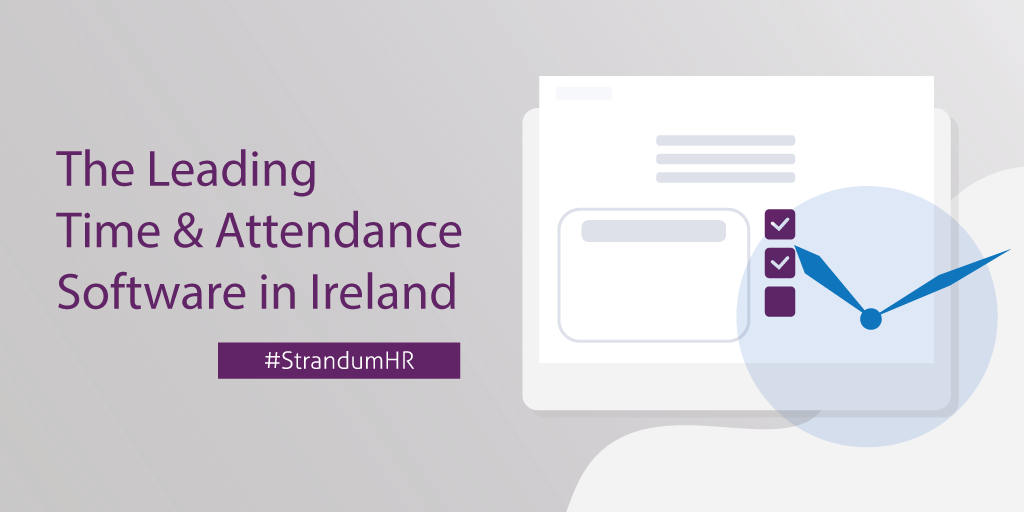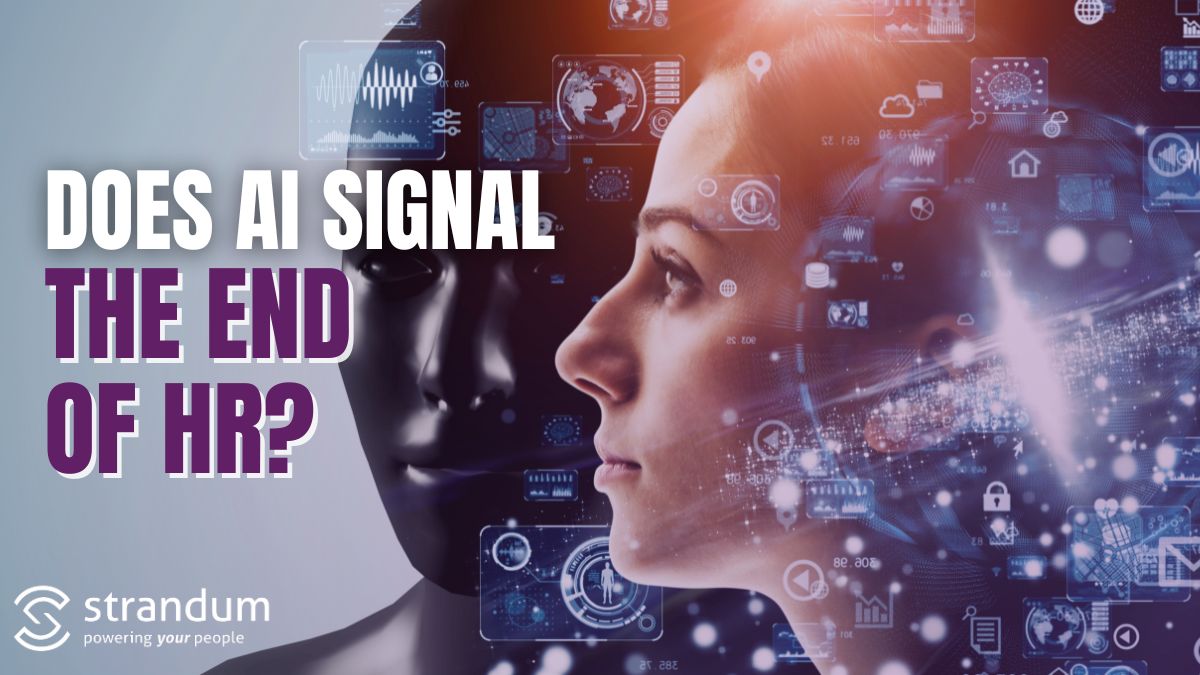
Does AI Signal a Major HR Technological Transformation?
The HR Technological Transformation and the Future of Human Resources are subjects sparking fervent discussions. Amidst this ongoing transformation in HR, a bold assertion emerges from a tech firm’s email pitch: ‘NEW AI-Powered Solutions Might Replace HR.’
Yet, as part of the broader HR technological transformation, beyond the realm of advertising exaggeration lies a genuine concern. What impact can artificial intelligence potentially have on HR and other sectors? It’s undeniable that some roles will undergo major shifts or be entirely phased out. A recent report by Goldman Sachs suggests that AI and automation might touch upon as many as 300 million jobs globally, spanning office and administrative support roles.
HR’s Future Landscape in the Age of Technological Change
Which HR Roles Are Most at Risk in the Technological Shift?
A study by the Academy to Innovate HR catalogued HR roles based on their vulnerability to automation: high, medium, and low. High-risk roles include administrative and support roles like help desk staff, system testers, talent scouts, and payroll administrators. Conversely, C-level roles and organisational excellence roles such as industrial-organisational psychologists and HR system architects are at the lower end of the risk spectrum.
Mark A. Herschberg provides insights on the dual effects of technology on jobs, highlighting historical examples and the changing demands in various sectors.
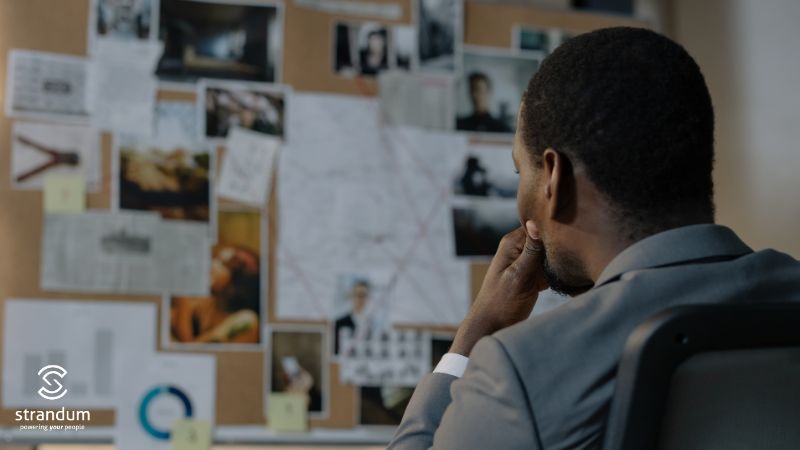
HR Technological Transformation: AI’s Ongoing Impact on HR Tasks
As advancements in artificial intelligence continue to progress, HR processes are witnessing transformative changes. Several tasks that were once managed manually by HR professionals are now being streamlined or automated by AI. Here are some of the key tasks that technology is beginning to take over:
- Screening candidates.
- Offering employee support through chatbots.
- Conducting interviews and evaluations.
- Onboarding employees.
- Overseeing performance.
- Predictive analytics for retention.
- Gathering employee feedback.
- Ensuring compliance and managing risks.
Multiple experts contribute viewpoints on the potential and limitations of AI within HR. Collectively, they agree that while AI can enhance certain processes, preserving the genuine human touch remains essential.
Human Elements in HR Amidst Technological Transformation
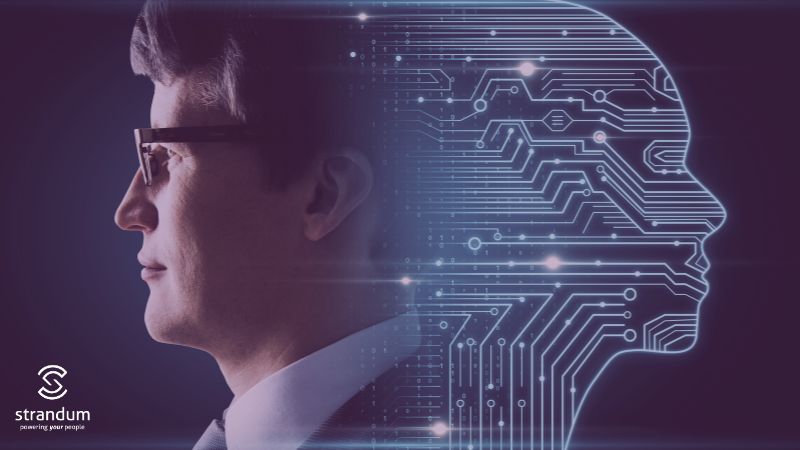
While artificial intelligence is undoubtedly reshaping various sectors, including HR, the unique human touch remains indispensable. The significance of personal interaction in decision-making processes shines through, even as AI tools promise to refine and enhance HR operations in the coming years.
Furthermore, AI, despite its vast capabilities, still grapples with certain challenges. For instance, while AI can generate tailored responses and automate many tasks, it often requires human intervention due to its occasional inaccuracies. Moreover, AI’s current inability to establish deep emotional connections or exude genuine empathy highlights the irreplaceable nature of human elements in HR.
In summary, as the HR landscape evolves, the blend of AI technology and the quintessential human touch is poised to dictate its future trajectory.
The Digital and Technological Evolution of HR
In the era of HR technological transformation driven by artificial intelligence (AI), professionals are experiencing a notable shift towards a strategic, analytical, and tech-centric role. Rapid adaptation to this evolving landscape is essential for HR practitioners, as they navigate the immediate business applications and long-term implications of AI integration.
Moreover, this era of rapid technological change presents HR leaders with an unparalleled opportunity. By staying at the forefront of technological advancements, they can guide organisations through these dynamic times, ensuring that the potential of both AI and the human workforce is harnessed to its fullest.
In the upcoming years, AI will play a pivotal role in the HR technological transformation. AI will refine HR operations, handling routine tasks. Yet, HR experts will remain integral to an employee’s career path, leveraging AI insights and offering tangible advice and human interaction. This transformation, driven by AI, presents both challenges and opportunities for professionals in the field.

